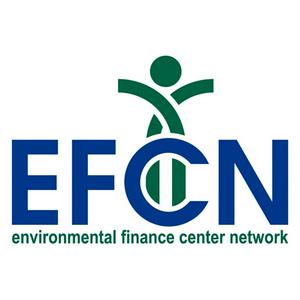Sin publicidad. Más Prime.
Sin publicidad. Más Prime.
Sin publicidad. Más Prime.
Sin publicidad. Más Prime.
El podcast comienza en
- 0 sec.
From the Chesapeake Bay Watershed Agreement to Action: BMPs and Workforce Programs
An Intro to PFAS with Dr. Clare Pace from Berkeley's Water Equity Science Shop (WESS)



Environmental Finance Center Network